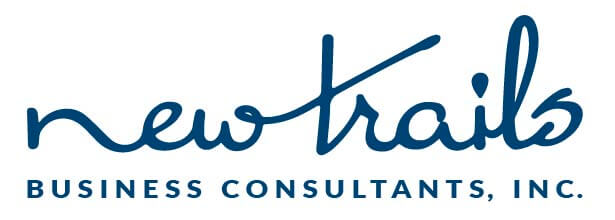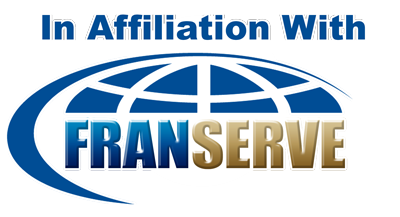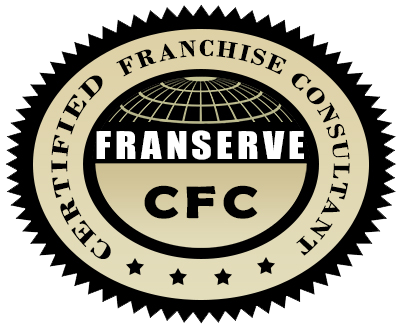How Much Does It Cost to Invest in a Franchise?

Understanding the true cost of franchise ownership is one of the most important steps before making an investment. Many prospective franchisees are surprised by the range of expenses involved and the variety of funding options available. Hereís what you need to know to make an informed decision.
Franchise Fee
A one-time, upfront payment made to the franchisor for the right to operate under their brand. This fee grants you access to initial training, ongoing support, and the use of the franchisorís trademarks, business model, and proprietary systems. It is separate from ongoing royalties and other operational expenses.
Initial Investment Range
This is the total estimated cost required to start your franchise. It includes the franchise fee, equipment, inventory, leasehold improvements, and other startup expenses. The range varies depending on location, size, and industry. The Franchise Disclosure Document (FDD) provides a full breakdown of these costs.
Franchise investments range from $30,000 to millions of dollars.
Liquid Capital
Liquid capital is the cash or easily accessible assets you must have available to invest in the business, excluding loans or financing. Franchisors require this to ensure you can cover startup costs, initial operating expenses, and personal expenses during the ramp-up period.
What If You Don't Have the Full Amount?
There are several funding options if you donít have all the required capital on hand:
Home Equity Line of Credit (HELOC):
If you have equity in your home, a HELOC can be a quick, lower-interest way to access funds.
Small Business Administration (SBA) Loan:
With good credit (typically a score above 700), you may qualify for an SBA loan. These loans are partially guaranteed by the federal government, making them more accessible and less risky for lenders.
401(k) Rollover:
The Rollover for Business Start-ups (ROBS) program allows you to use retirement funds (such as a 401(k) or IRA) to finance your business without incurring taxes or early withdrawal penalties. This is not a loan, so thereís no debt to repay or interest to pay.
Pro Tip:
Always review the FDD carefully and consult with a franchise attorney and financial advisor to fully understand your investment and funding options.
Frequently Asked Questions
What are ongoing franchise fees?
Most franchises require ongoing royalty payments, which are typically a percentage of your gross sales. Some also charge marketing or technology fees.
How long does it take to break even?
The time to break even varies by franchise, industry, and location. The FDD may provide earnings claims or average timeframes, but itís wise to speak with current franchisees for real-world insights.
Can I negotiate the franchise fee?
Franchise fees are usually set, but some franchisors may offer incentives or discounts for veterans, multi-unit operators, or during certain promotional periods.
6/20/2025 | Tags: #FinancingYourFranchise



